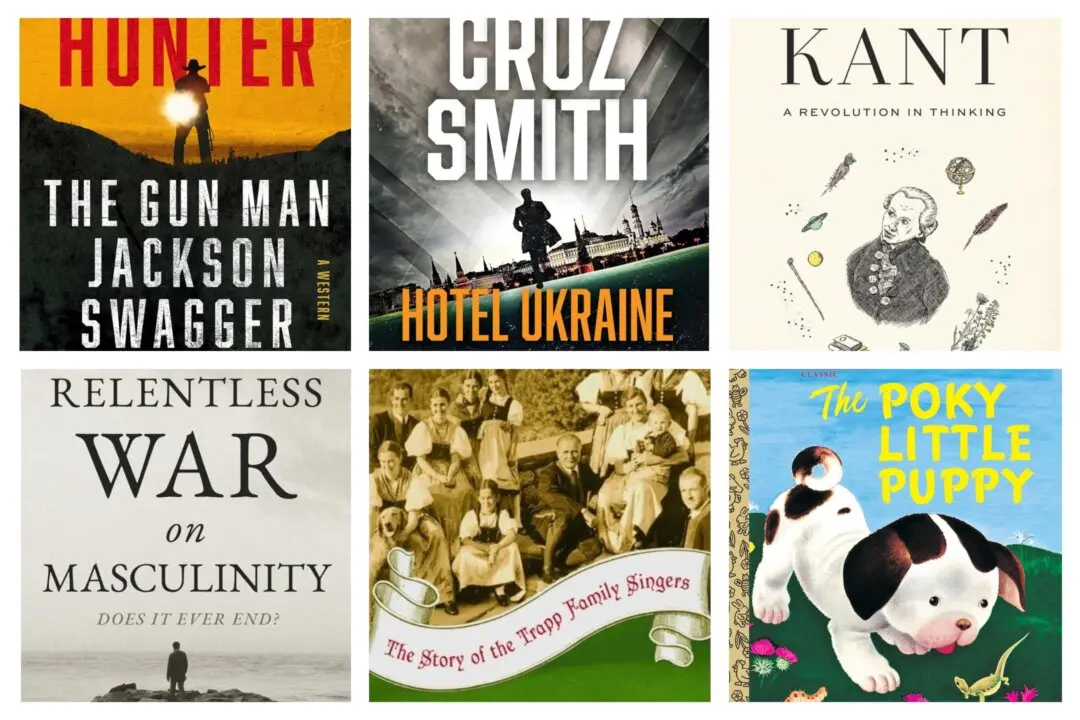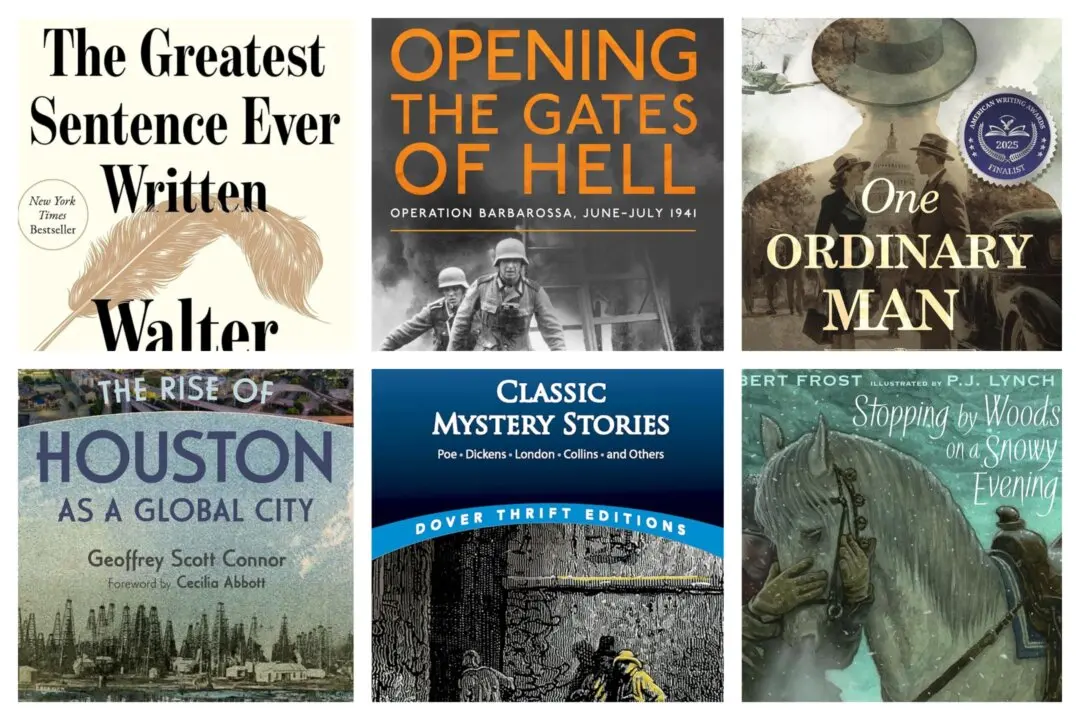You’ve seen the mugs, the T-shirts, and the memes all laughing hilariously at moms and their reliance on “mommy juice” to get them through the day. How reliant are some mothers, though, on alcohol to cope with the pressures they face today? What impact is this “mommy juice” messaging having on families?
I recently spoke to Emily Lynn Paulson, founder of the Sober Mom Squad, about this and other concerns. Here’s what she said.






